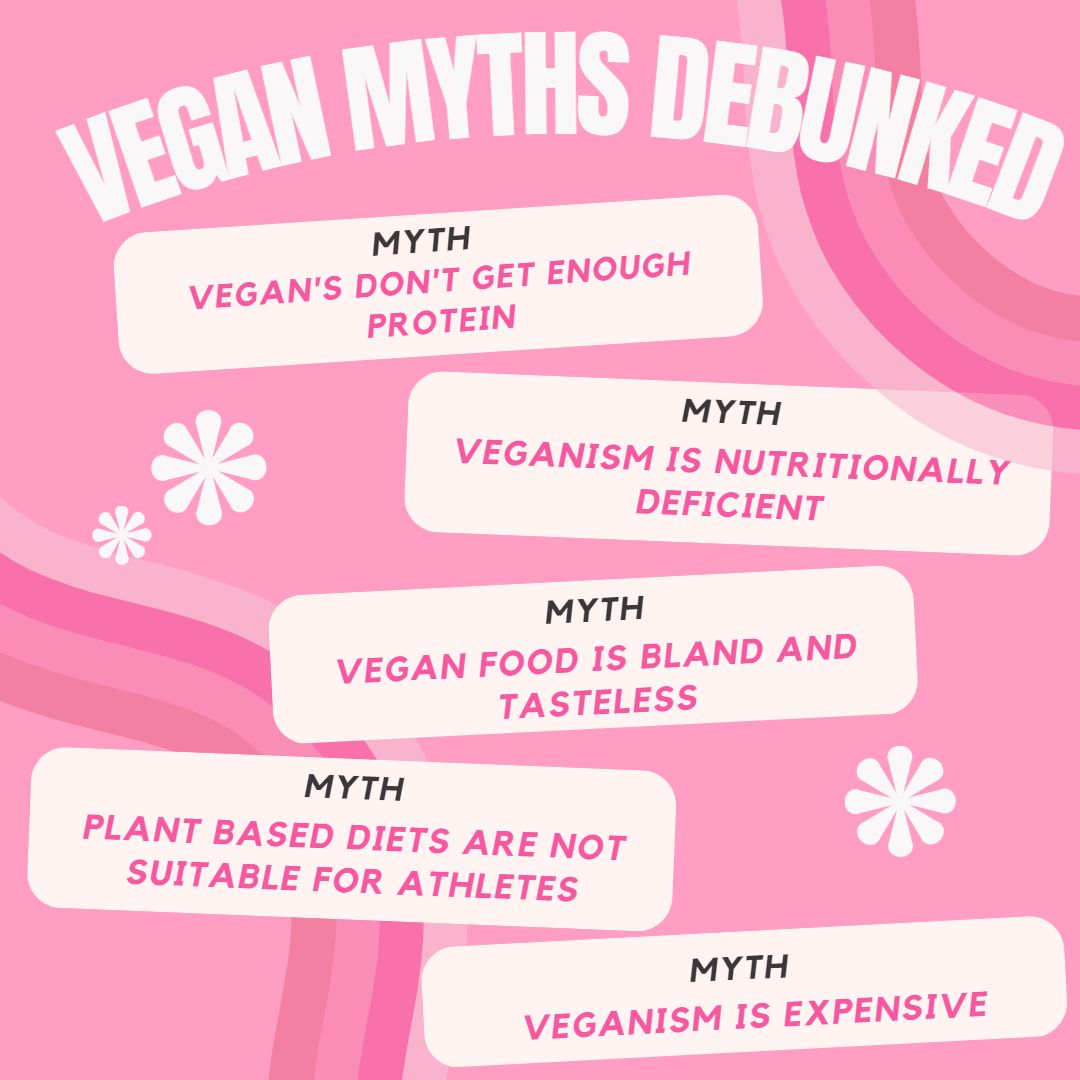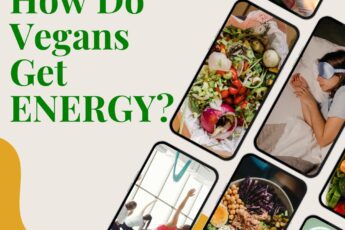There are many misconceptions surrounding plant based eating and it’s time to get those vegan myths debunked! Unfortunately, many of these myths can deter individuals from adopting a plant based diet, so it’s important to separate fact from fiction. We’ll explore the real answers to the most common vegan myths so you can make an informed decision about your dietary choices. From protein deficiencies to tasteless food, we’ll set the record straight on these popular vegan myths.
Vegan Myth #1: Vegans Don’t Get Enough Protein
One of the most common myths about veganism is that it’s impossible to get enough protein on a plant based diet. However, this couldn’t be further from the truth. In fact, there are many VEGAN SOURCES OF PROTEIN that are just as good, if not better, than animal-based protein sources.
For example, beans, lentils, nuts, and seeds are all high in protein. Tofu, tempeh, and seitan are also great sources of protein for vegans. As long as you’re eating a balanced and varied diet, it’s easy to get enough protein on a vegan diet.
In some cases getting the right protein could be a simple combination of different proteins to form a complete protein. THE AMERICAN HEART ASSOCIATION uses this example “The combination of beans and rice creates a complete protein. Beans alone and rice alone both lack certain essential amino acids. If eaten together, however, each contributes what the other is missing to form a complete protein.” Others use the example of combining sunflower kernels with beans to form that complete protein in a lunch salad. These are just a few simple solutions to debunking that protein myth.
Vegan Myth #2: Veganism is Nutritionally Inadequate
Another common myth about veganism is that it’s nutritionally inadequate. However, this is far from true. A well-planned vegan diet can meet all of your nutritional needs, including vitamins, minerals, and essential fatty acids.
In fact, veganism can offer several health benefits. Studies have shown that a plant based diet can reduce the risk of heart disease, diabetes, and certain types of cancer. Additionally, a vegan diet can promote weight loss, improve digestion, and boost energy levels.
Vegan Myth #3: Veganism is Expensive
Many people assume that veganism is expensive, but this isn’t necessarily true. While some vegan products can be expensive, such as meat substitutes and specialty items, there are many affordable vegan foods available.
Many plant based STAPLES & ESSENTIALS like, beans, rice, and vegetables are all relatively cheap, and buying in bulk can save you money in the long run. Additionally, cooking from scratch and meal planning can help you save money on your grocery bill.
Vegan Myth #4: Vegan Food is Bland and Tasteless
Another myth about veganism is that the food is bland and tasteless. However, this couldn’t be further from the truth. With a little creativity and some seasoning, vegan food can be just as delicious as non-vegan food.
There are many vegan cookbooks and blogs available that offer delicious and flavorful vegan recipes. By experimenting with different herbs, spices, and cooking techniques, you can create delicious and satisfying vegan meals that are sure to please.
Vegan Myth #5: Plant based Diets are Not Suitable for Athletes
The myth that a plant based diet isn’t suitable for athletes couldn’t be further from the truth. Just ask the strongest man, vegan Patrik Baboumian, and the world record-setting endurance runner (covering 167.5 miles in 24 hours), vegan Scott Jurek. Yep, you heard that right, being a plant based eater gives athletes a leg up.
Athletes can thrive on plant based diets when they are consuming enough calories and nutrients from the right plant based foods. Plant based diets additionally offer several natural benefits which are a plus for athletes, including reducing inflammation, promoting recovery, and improving overall health. Find out about these (and more) amazing vegan athletes by watching the acclaimed GAME CHANGERS movie. The research for this movie will debunk this athlete-based vegan myth completely.
To sum it up, it’s important to separate fact from fiction when it comes to veganism. Despite what you may have heard, veganism can offer a wide range of health benefits, is nutritionally adequate, and can be affordable and delicious. By debunking these common vegan myths, we hope to encourage individuals to give plant based eating a try and experience the many benefits it has to offer.






